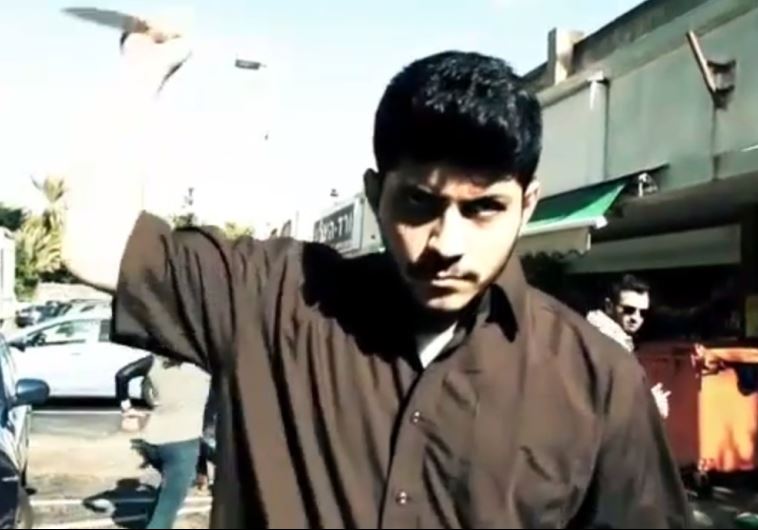Think about it: ‘To be citizens in Israel – a Jewish and democratic state’
Secularism is a matter of the free, democratic choice to reject religion, and it is as legitimate as religious belief.
 Im Tizu video attacking Israeli human rights groups(photo credit: screenshot)
Im Tizu video attacking Israeli human rights groups(photo credit: screenshot)